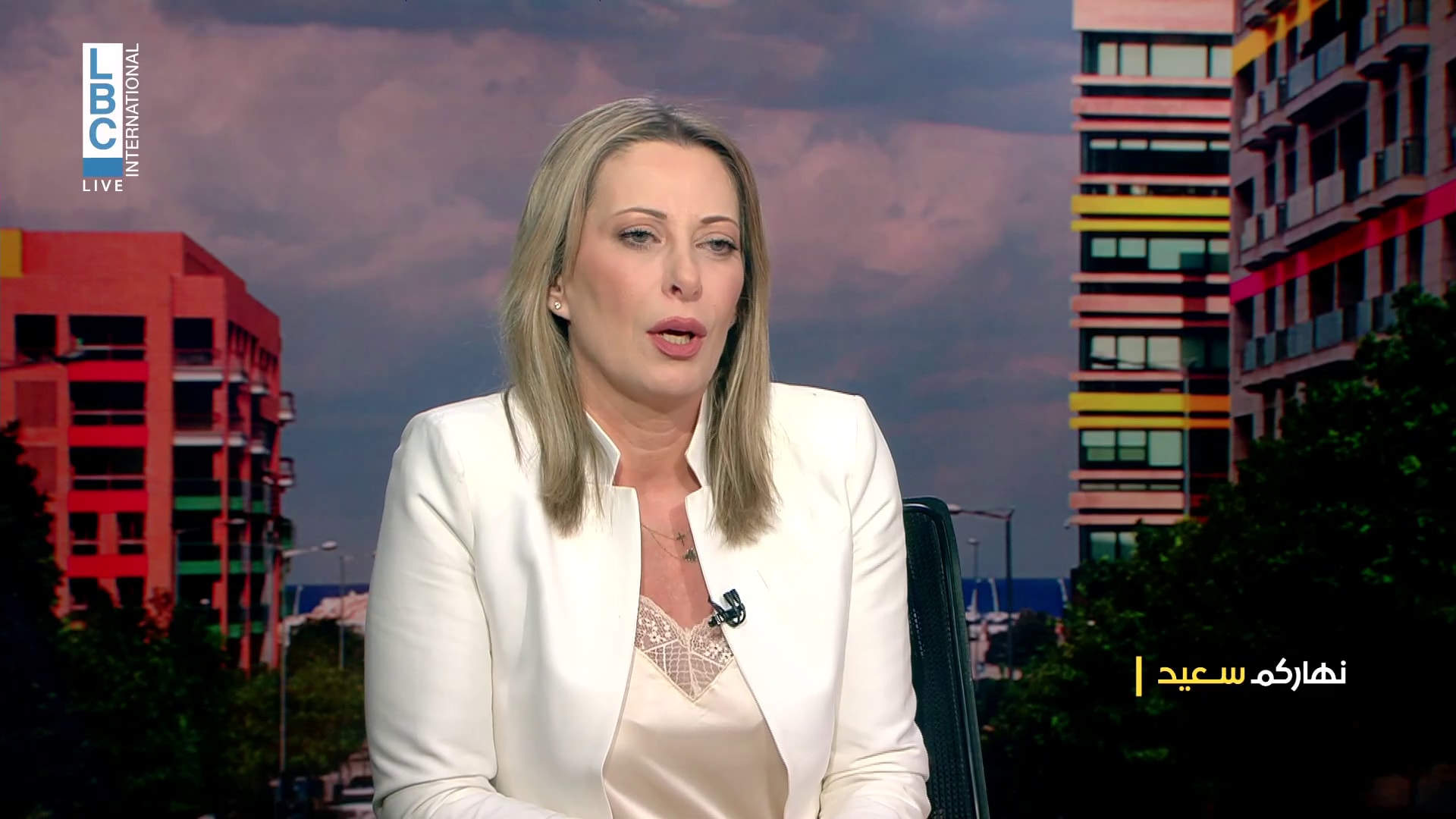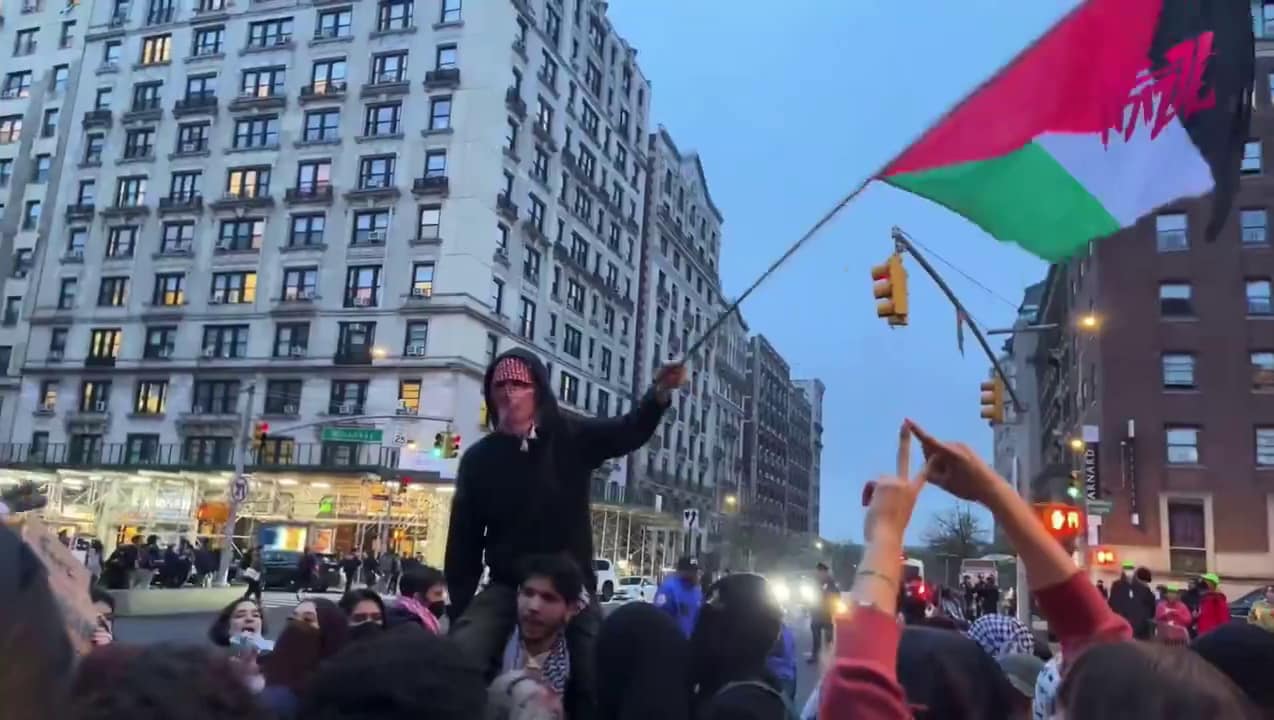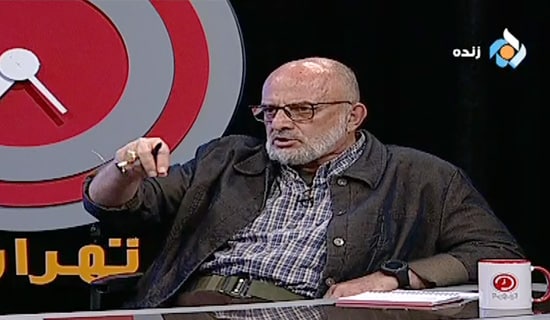
The following are excerpts from an interview with secretary of the Supreme National Security Council in Iran, Hasan Rouhani:
Rouhani: The Paris agreement mentions that Iran is allowed to have a nuclear fuel cycle, but it must supply the necessary guarantees, in other words, concrete and solid guarantees. Therefore, the most important aspect of the Paris agreement is the European acceptance of the principle of an [Iranian] nuclear fuel cycle. However, it mentions that Iran will begin this cycle only when it supplies the guarantees to Europe or the international community. The debate revolves around Europe's supplying our technical nuclear needs and the necessary facilitations to make this technology available to us. Our needs could be a nuclear power reactor, a research reactor, or nuclear safety mechanisms.
Therefore, what Europe wants to give us is very different from what we are currently receiving from the IAEA. The IAEA aid will continue as in the past, but the aid Europe is supposed to give us is of a much broader scope. The case of South Korea shows that the IAEA is not governed by fairness, facts don't matter, and justice does not rule. Political pressures are more significant there. This shows that the Board of Governors is more political than legal. It's a fact.
Behind the scenes the matter is clear. But even at face value there is a great difference between the South Korean case and ours. South Korea's violations were very severe and it cannot be compared to our case. However, South Korea gave up its activity. It had laser [enrichment] activity and it said it had given it up and that those involved in it had made a mistake. It also said that it had known nothing about it, and that it was a small group of scientists who would be punished. It was also backed by America, since South Korea is under American occupation. It's obvious.
We have two problems. We are in exactly in the opposite position. America supports South Korea, but is our enemy. This is an essential difference. The second difference is that we want to continue the enrichment, while South Korea gave it up. Iran is determined to achieve the goal it set for itself to obtain nuclear technology for peaceful purposes and to continue on this path.
Technologically, we have obtained the nuclear fuel cycle, this [manufacturing capability] has been localized. 'Localized' means we have our own uranium mine. We can, with our means, mine the uranium. We can turn the ore into Yellow Cake with the means available in Iran. We can convert Yellow Cake into UF4 and UF6. We have already done this and we can continue. We can also enrich the UF6 through the centrifuges to a level of 3.5 percent. and in the zirconium plant in Esfaham We have the necessary capability to turn the enriched uranium into tablets that will be used as fuel for reactors. We also manufacture the fuel rods in the zirconium plant. Therefore, If Iran wants to produce fuel for a reactor, We have all the means, from the ore stage to turning the enriched material into tablets and inserting them into fuel rods.













